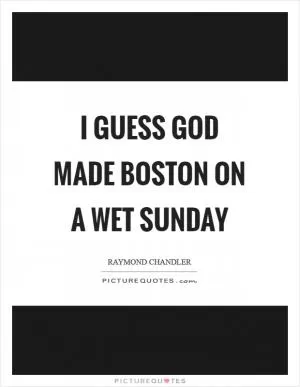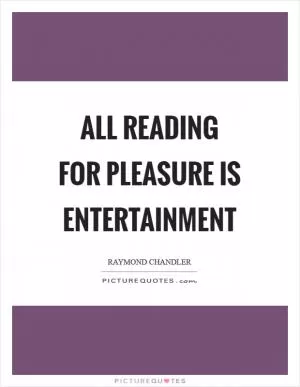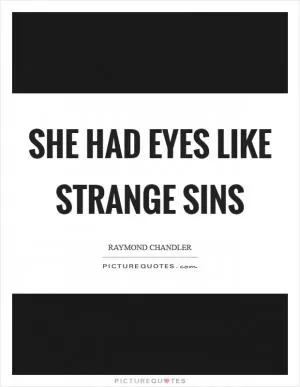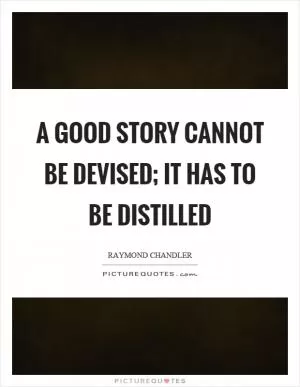An age which is incapable of poetry is incapable of any kind of literature except the cleverness of a decadence

An age which is incapable of poetry is incapable of any kind of literature except the cleverness of a decadence
Raymond Chandler, the renowned American author of hard-boiled detective fiction, is often considered one of the greatest writers of the 20th century. His iconic character, Philip Marlowe, has become synonymous with the genre of noir literature, and Chandler's writing style is celebrated for its gritty realism and sharp wit. In the context of the quote, "An age which is incapable of poetry is incapable of any kind of literature except the cleverness of a decadence," Chandler's work exemplifies the power of poetry in literature and the importance of maintaining artistic integrity in a world that is often consumed by superficiality and decadence.Chandler's writing is characterized by its poetic language, vivid imagery, and deep emotional resonance. His novels are filled with evocative descriptions of the seedy underbelly of Los Angeles, where crime and corruption lurk behind every corner. Chandler's prose is both lyrical and hard-hitting, capturing the essence of a city on the brink of moral decay. In his novel "The Big Sleep," Chandler writes, "The night was as dark as a black cat's tongue, and the air was heavy with the scent of jasmine and corruption." This poetic imagery sets the tone for the dark and atmospheric world that Marlowe inhabits, where beauty and danger coexist in a delicate balance.
Chandler's ability to infuse his writing with poetry elevates his work beyond mere genre fiction and transforms it into a timeless exploration of the human condition. His characters are complex and flawed, grappling with their own inner demons as they navigate a world filled with violence and betrayal. Through Marlowe's eyes, Chandler delves into the depths of human nature, exposing the darkness that lies within us all. In "Farewell, My Lovely," Marlowe reflects on the futility of his own existence, saying, "I was as empty of life as a scarecrow's pockets, and just about as useful." This existential despair is a recurring theme in Chandler's work, highlighting the fragility of the human spirit in a world that is often devoid of meaning.
Chandler's commitment to poetic language and literary excellence sets him apart from his contemporaries and cements his legacy as a master of the craft. In a society that is increasingly driven by commercialism and instant gratification, Chandler's work serves as a reminder of the enduring power of art to transcend the limitations of the present moment. As he once said, "There is no bad whiskey. There are only some whiskeys that aren't as good as others." Similarly, there is no bad literature, only some that lack the depth and beauty of true poetry. Chandler's writing is a testament to the enduring power of poetry in literature and a reminder of the importance of preserving artistic integrity in an age of decadence.












 Friendship Quotes
Friendship Quotes Love Quotes
Love Quotes Life Quotes
Life Quotes Funny Quotes
Funny Quotes Motivational Quotes
Motivational Quotes Inspirational Quotes
Inspirational Quotes